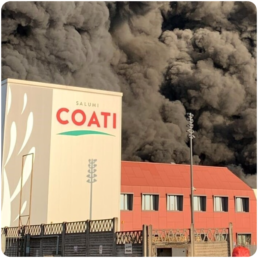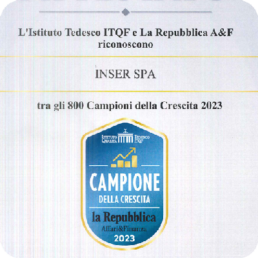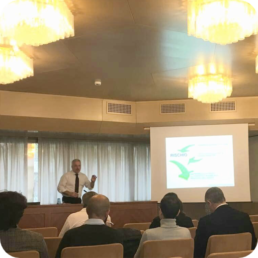The principle of trust: content and limits

The new principle of trust claims to give contracting stations maximum discretion in order to make procurement faster. What conditions, i.e., limits, so that it is not an abusive exercise?
"Trust," says the dictionary of the Italian language, is "the secure reliance one places on something or someone". It is on the basis of this meaning that we must conduct the analysis of the new guiding principle, introduced by Article 2 of the Procurement Code (Legislative Decree 36/2023).As is now well known, the novelty of the code is certainly represented by the introduction of principles and super principles, the main function of which is to guide the interpretation and application of the provisions of the code: in fact, Article 4 postulates that the provisions of the code are to be interpreted and applied in accordance with the principles set forth in Articles 1, 2 and 3, of Legislative Decree 36/2023. The first three principles-also called "super principles"-have foundational value for all the other provisions of the code; while the others (Art. 5 - 11) have more preceptive value.Article 2, titled "Principle of Trust," which is linked to Article 1 ("Result Principle"), requires Economic Operators to have confidence in contracting stations. In other words, arriving at a result requires "trusting" the Administration and its choices.For this reason, contracting stations must be given maximum discretion in order to make procurement faster, thus trying to overcome past problems related to "fear of signature" or "defensive bureaucracy."Turning to the jurisprudential review, it should be noted that recently the Administrative Court for Sicily - Catania detached section, ruling no. 478/2024, has endorsed this approach: indeed, the intention of the legislator to enhance the decision-making autonomy of public officials, in order to reach the best possible result, is confirmed.However, the discretion of the Public Administration is not unlimited, but becomes reviewable in cases of manifest illogicality and reasonableness, or when the basis was a decisive error of fact. In particular, in the judgment just passed, the Judges found the appeal brought by the economic operator who came second in the tender to be well-founded, given that "the broadening of the contracting authority's evaluative powers cannot, in the opinion of the College, imply that it can make manifestly illogical or unreasonable choices, where the latter, as is considered to have happened in the tender in question, determine the risk of not obtaining the best possible result, and, therefore, of damaging the public interest underlying the call for a tender procedure" (TAR Sicilia, sezione staccata di Catania, Sezione III, no. 478 /2024).The virtuous choice must be made by ensuring the best possible relationship between quality and price, as well as satisfying the public interest that the Administration must aim for. For further study:-TAR SICILIA, detached section of Catania, Section III, no. 478/2024.












































































